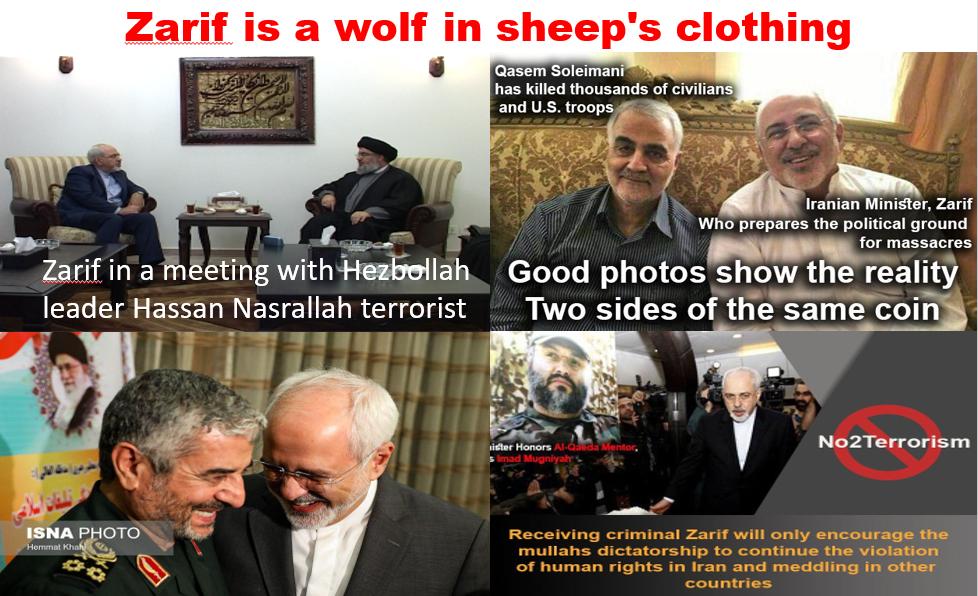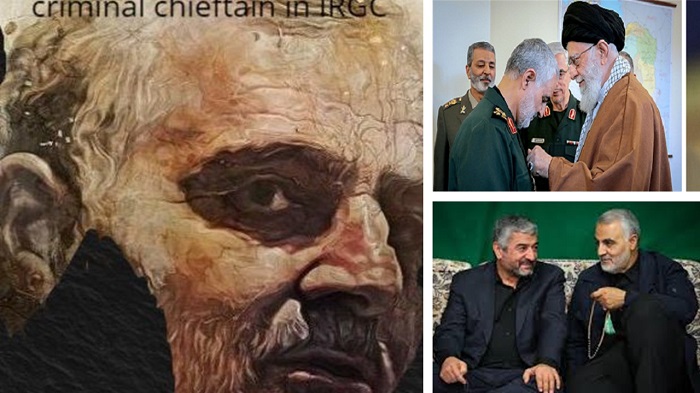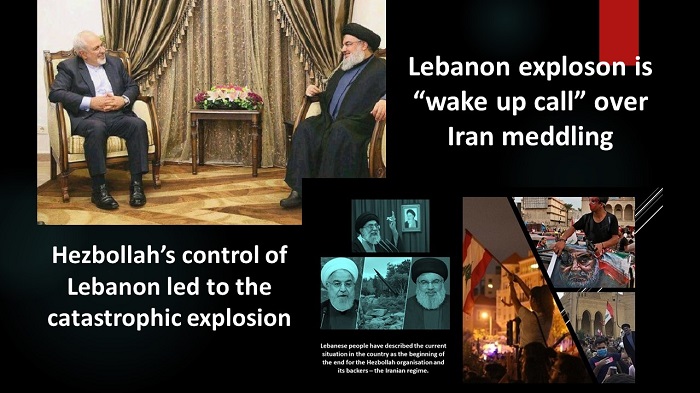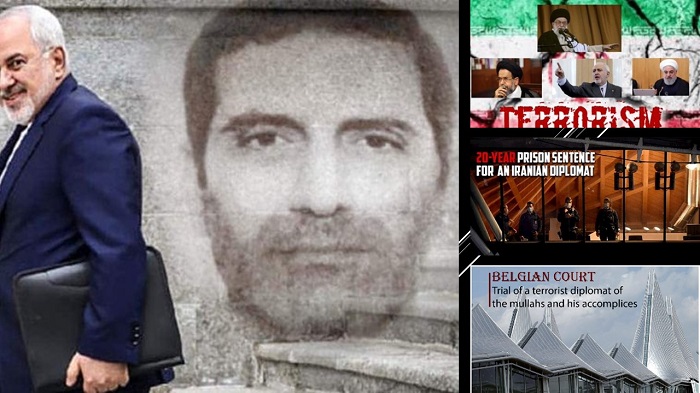
There were two key terrorists in the regime until the terrorist chief Qassem Soleimani was assassinated 12 months ago, leaving Ebrahim Raisi, the regime’s Judiciary Chief behind. The National Council of Resistance of Iran (NCRI), and the People’s Mojahedin Organization of Iran (PMOI / MEK Iran) reported that at the anniversary of Soleimani’s assassination, Ebrahim Raisi said that revenge would be sought for those responsible.
#Iran: Rouhani, Raisi and Other Regime Leaders Threaten To Assassinate #US President and Officials.
The objective of this #terrorist chorus is to intimidate the officials of the next #USA government in a bid to gain concessions.https://t.co/AC8kuQ0gqx https://t.co/cPjX0RJJCj— NCRI-FAC (@iran_policy) January 3, 2021
Raisi has a history of domestic terrorism as he was the key organizer of the massacre in 1988 of more than 30,000 political prisoners, Many of the victims were either members or supporters of the People’s Mojahedin Organization of Iran (PMOI / MEK Iran). Raisi calls this type of terrorism “power” and he praises Soleimani for the power he used in the region.
Apart from Qassem Soleimani, who held some key positions in the regime, including chief of the Revolutionary Guards (IRGC) Quds Force, Abu Mehdi al-Muhandis, head of the Iraqi Popular Mobilization Force (PMF), was also assassinated at the same time by a U.S. drone strike, not far from Baghdad airport.

Ali Khamenei, the regime’s Supreme Leader, fully supported Soleimani and his death squads and said quite unreservedly that justice would be sought from those who assassinated him. When speaking with Soleimani’s family he vowed that something would be done to avenge the assassination.
Soleimani’s crimes in Iran and abroad meant that there were many who celebrated his death, including in Iran, Iraq and Syria. Palestinian and Iraqi nationals tore down pictures of Soleimani because they despised him so much. Ordinary Iranians viewed him as a war criminal and many have burnt his banners since he was assassinated.
Esmail Ghaani, as the successor to Soleimani in the Quds Force, knows full well of Soleimani’s notoriety as a terrorist and insists that his death does not mean an end to terrorism.

Hassan Rouhani, who had known Solemani for several decades, praised his confidence and his ability to make dangerous plans and even threatened the US president saying he would be “toppled within weeks.
Since the Syrian war began in 2010, Soleimani was responsible for killing thousands of innocent people in Syria just to prop up Bashar-al Assad’s dictatorship. He created and sent numerous proxy groups, made up of foreign fighters to Syria who killed many people. Soleimani also exported the regime’s terrorism in the regions including in Iraq and Lebanon.
Hassan Nasrallah, Hezbollah’s chief, praised Soleimani for the “logistical support” he provided. Nasrallah mentioned that after the 2006 33-day war when 200,000 homes were lost in Lebanon, Soleimani paid a years’ worth of rent and expenses to those families who had lost their homes.

Mohsen Baharvand, Deputy Minister of Legal and International Affairs to Iran’s Foreign Minister, Mohammad Javad Zarif mentioned Zarif’s close relationship with Soleimani and he said there was little difference between the master of terror and Zarif, the regime’s chief demagogue.
Zarif and Soleimani worked together to export terrorism and with his assassination the regime had lost a lot. Zarif, without a doubt, acted as Assadi’s superior when the thwarted bombing of the resistance movement’s gathering at Villepinte, outside Paris, was being organized.
Zarif granted Assadi diplomatic privileges to enable him to transfer the bomb from Iran to Europe. Zarif also told Assadi not to appear in court and told him to question the Belgian court’s legitimacy and also claim he had a case for diplomatic immunity.

He tried to do this because European leaders supported negotiating with Zarif on behalf of the regime. The European Union’s leaders have inflicted harm on the Iranian people by assisting this brutal regime and signing economic deals.
The EU’s inaction basically encouraged the regime to plant a bomb right in the centre of Europe because they thought they could get away with it. The time has come for EU leaders to stop this policy of appeasement and close down the mullahs’ embassies in Europe, get any of Iran’s agents expelled, and sanction Zarif and other Iranian officials for the parts they have played in terrorism and human rights violations.
and People’s Mojahedin Organization of Iran – MEK IRAN – YouTube







